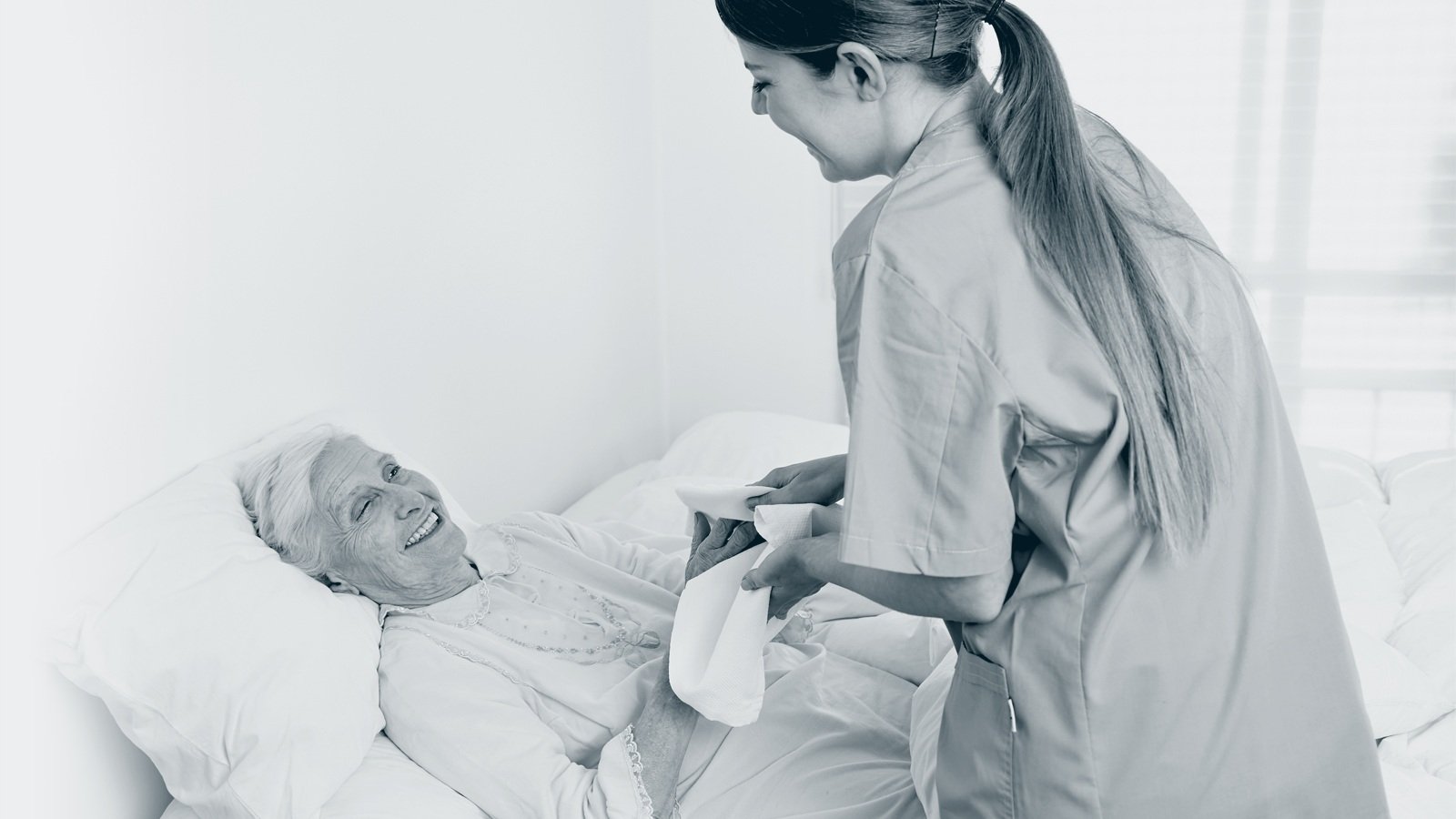Assisting patients with personal hygiene is a fundamental part of nursing care and provides an opportunity for nurses or family caregivers to carry out a holistic assessment of their patient.
WHAT IS A BED-BATH?
Bed-Bath [ or sponge bath ] means bathing a patient who is confined to bed and cannot have the physical and mental capability of self-bathing
WHO is a bed-bath for?
Some patients cannot safely leave their beds to bathe. These bedridden patients include post-operative patients, paraplegic patients or very frail elderly patients.
For these people, daily bed baths can help keep their skin healthy, control odor, and increase comfort. If moving the patient causes pain, plan to give the patient a bed bath after the person has received pain medicine and it has taken affect.
General principles of bed bathing
Encourage the patient to be involved as possible in bathing themselves. This helps to maintain their independence, self-esteem and dignity.
A bed bath is a good time to inspect a patient's skin for redness and sores. Pay special attention to skin folds and bony areas when checking.
Keep the patient warm at all times
Only expose the area of the body being washed
Pat the skin dry to reduce the risk of friction damage
WHAT TO USE FOR BED-BATHING
Soap can alter skin pH, leading to dryness and skin breakdown, so it is suggested that skin-cleansing emollient creams should be used.
One of the best products on the market is Dermalux Soft Towel Lotion . This Premium Bed-bath system has benefits of keeping the Patient warm due to its efficient process, as well as reduced water requirement and the natural ingredients nourish the natural constituents of the epidermis and balances the skin’s pH.
See here more about the Bed-Bath System using a product such as the Soft Towel Lotion.
You can also alternate your bed-bathing routine daily with PH-Balanced Soap-free Cleansing Wipes.
If you plan to shampoo the patient's hair, you'll need a shampoo that's easy to rinse out (such as baby shampoo) and a special basin designed for washing hair in bed. You can find one at a medical supply store or a bigger pharmacy, and it's a big help when it comes to washing hair in bed without getting water everywhere.
No-rinse shampoos, dry shampoo, or wiping with wet cloths are helpful, but just aren’t as good as a thorough hair washing with water.


